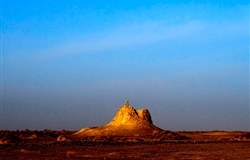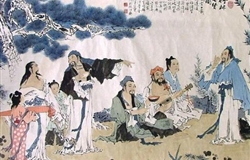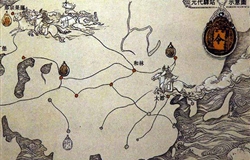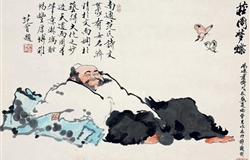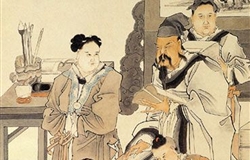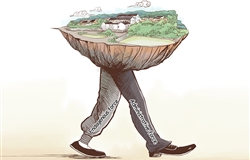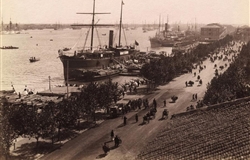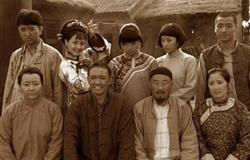History
-
The letters of garrison soldiers stationed in northwestern border areas of the Han Dynasty constitute a valuable contribution to Silk Road literatur…[详细]07-10-2017
-
The social identity of Confucian literary intelligentsia, however, was defined by their dual role. [详细]05-12-2017
-
The Yuan Empire (1206-1368) was the first national regime established by a northern nomadic tribe. After Genghis Khan conquered the Mongolian tribes…[详细]04-06-2017
-
During the Spring and Autumn (770-476 BCE) and Warring States (475-221BCE) periods, there emerged many great thinkers, such as Laozi, Zhuangzi, Conf…[详细]03-13-2017
-
A unique form of written records, family instructions are invaluable resources for historians who study the development of ideas. [详细]12-22-2016
-
Understanding what forces drive development and social governance of the villages in modern China (1840-1949) is essential when evaluating the influ…[详细]08-17-2016
-
During the past 30 years, research on the history of life in modern China has achieved progress by expanding the scope of study and realizing greate…[详细]07-25-2016
-
The concept of shenghuo, meaning "life," has played an increasingly important role in Chinese thought since the start of the 21st century. [详细]05-26-2016
-
Big history integrates studies of the cosmos, the Earth, life and humanity in the context of the bigger picture. [详细]05-13-2016
-
After defeating the army of the rebel leader Li Zicheng (1616-45) at the Battle of Shanhai Pass and wresting control over the country from the remna…[详细]04-26-2016
- In 221 BCE, the Qin wars of conquest brought an end to the Warring States Period, a tumultuous era marked by…MORE
- The tradition of painting coffins is deeply rooted in Han culture, and the origin of the lian-bi patterns ca…MORE
- China’s Great Wall dates back as early as to the Spring and Autumn period.MORE
- The Miaodigou culture was viewed as the heyday of painted pottery.MORE
- Xu Zhimo was known for his efforts to set Chinese poetry free from the constraints of its traditional forms,…MORE
-
Let me state that I am against a certain “apologetic” stance taken by the entire field of the humanities r…[详细]

